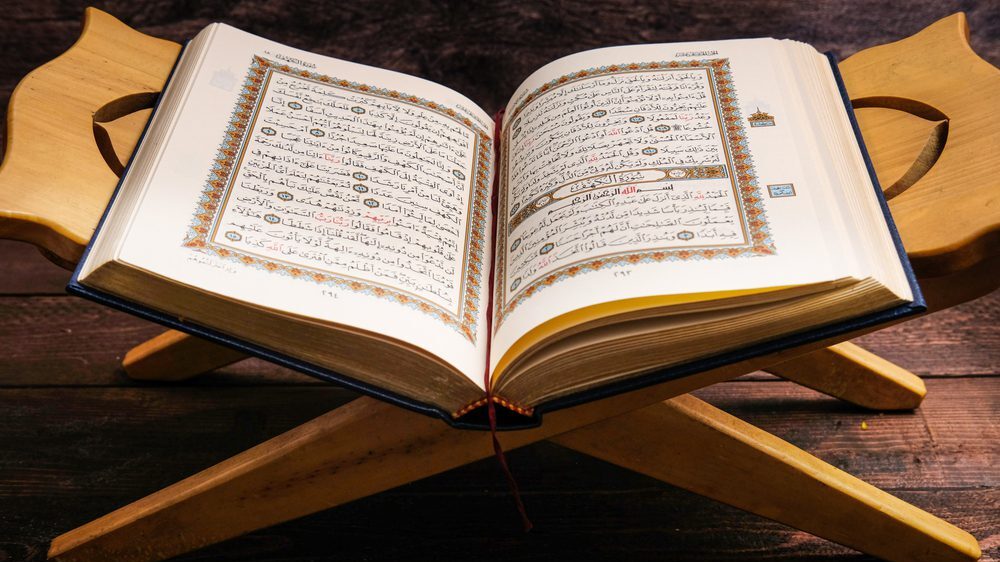
Photo: opinovi / Shutterstock.com
Protests involving the burning of the Islamic Quran in Sweden have been the catalysts for major riots from members of Sweden’s Muslim community and have caused outrage from Muslims abroad as well, leading to Stockholm police attempting to ban the granting of permits for Quran burnings in February.
The ban was soon deemed unlawful by Swedish courts and a court of appeals upheld the ruling earlier this month, arguing that police concerns over security were not enough to stifle the freedom of speech and assembly of those wanting to burn the Islamic holy text.
The first Quran burning to take place in Stockholm since the court ruling was held on Wednesday, June 28th, by activist Salwan Momika, an Iraqi migrant who had been trying for months to get police permission to hold his protest.
The burning took place around lunchtime outside the mosque at Medborgarplatsen in Stockholm, the newspaper Aftonbladet reports, noting that one man was arrested at the scene while throwing stones at Momika and is suspected of attempted assault.
Momika spoke to Swedish media prior to the protest and gave his reasoning for the protest saying, “We will burn the Quran. We will say: wake up Sweden. This is democracy. It is in danger if they say we must not do this.”
During the protest, which saw around 200 people attend, Momika placed bacon on several pages of the Quran and put out a cigarette in the pages of the book as well before setting it on fire.
The burning also coincides with the Eid al-Adha feast in Islam, which marks the day after Muslim pilgrims complete the hajj, a pilgrimage to the city of Mecca that often involves the slaughtering of sheep and goats.
Following the burning of the Quran, police say they received a number of criminal complaints against Momika for hate speech and for violating an ongoing fire ban. While the police have said the protest does not fall under the fire ban due to freedom of expression rights, they are investigating allegations of hate speech as the protest was held outside a mosque.
The protest is likely not to help the strained relationship between Sweden and Turkey as the former still requires Turkish approval to join the NATO military alliance.
Turkish Foreign Minister Hakan Fidan reacted to Wednesday’s protest by saying, “I curse the heinous act in Sweden against our holy book, the Holy Quran. It is unacceptable to allow these actions and refer to freedom of expression. To condone such atrocious acts is to be complicit.“
Earlier this year in January, Danish anti-Islam activist Rasmus Paludan burned a copy of the holy book in front of the Turkish embassy in Stockholm, provoking a harsh response from the Turkish government and from Turkish President Recep Tayyip Erdogan.
“As long as you allow my holy book, the Quran, to be burned and torn apart, we will not say yes to your entry into NATO. Our view of Finland is positive, but not of Sweden,” Erdogan said earlier this year following Paludan’s protest.
Paludan and his movement Stram Kurs (Hard Line) have been the most active Quran burners in Sweden and elsewhere in Europe in recent years.
Over the Easter weekend of 2022, Paludan and his followers burned the Quran in several cities, or attempted to, causing some of the worst riots Sweden had seen in years.
Well over a hundred police were reportedly physically injured during the riots while many others reported suffering from mental conditions after they were attacked by mobs, including difficulties sleeping and anxiety issues.
The Swedish security police (Säpo) has warned that the Quran burnings have had an impact on Swedish security and arrested five people on suspicion of aiding and abetting terrorist offences in April, with those arrested allegedly planning a terror attack in response to the January Quran burning by Paludan.
